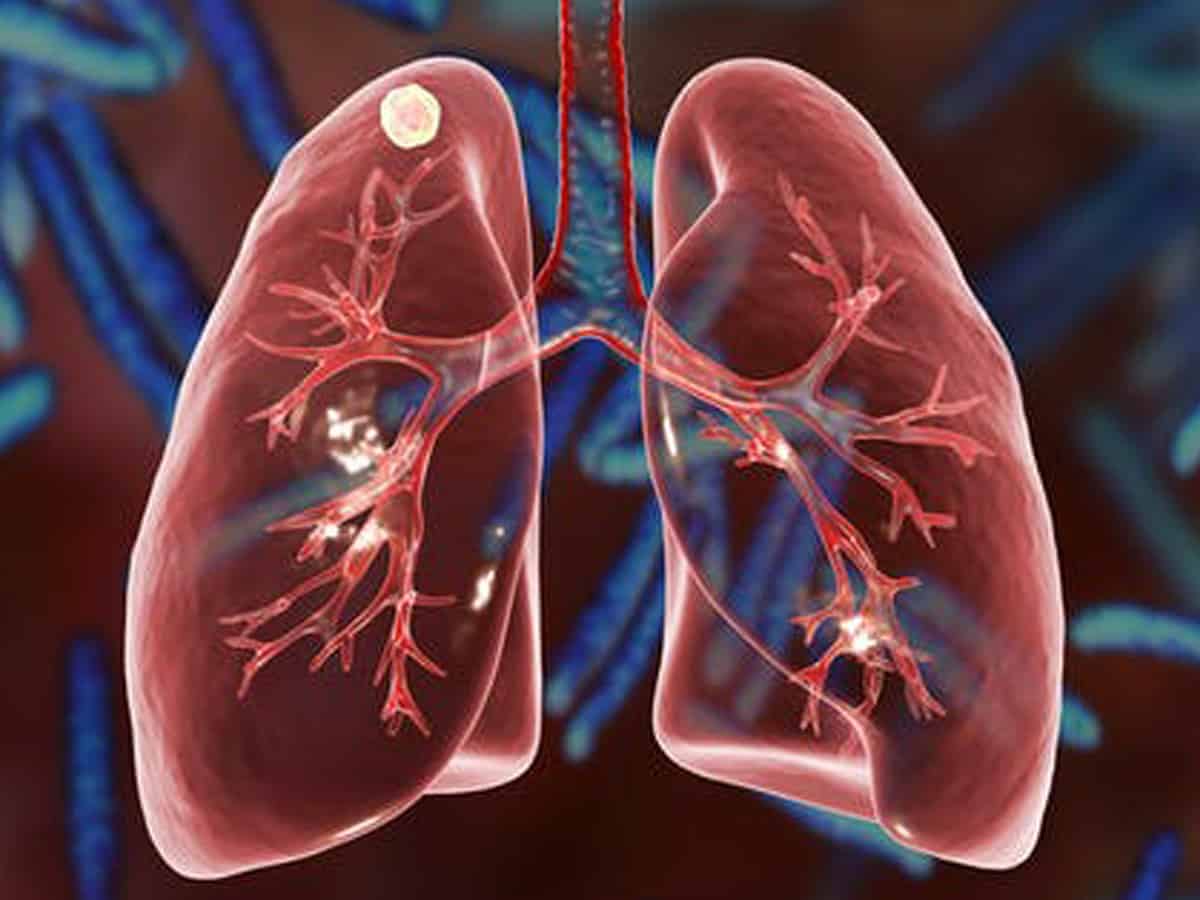
London: In a first, researchers have shown it is possible to repair damaged lung tissue in patients with chronic obstructive pulmonary disease (COPD) using the patients’ own lung cells.
Every year COPD kills approximately three million people worldwide. It is a severe respiratory disease that involves progressive damage to lung tissue.
A team from the Regend Therapeutics in China conducted an experimental treatment phase I clinical trial involving 17 patients.
The findings presented at the ongoing European Respiratory Society International Congress in Milan, Italy, were able to breathe better, walk further and had better quality of life after receiving the experimental treatment.
To find new treatments for COPD, researchers have been investigating stem cells and P63 progenitor cells — known for their ability to regenerate the tissues of the airways cells that might be able to regenerate lung tissue damaged by COPD.
“Stem cell and progenitor cell-based regenerative medicine may be the biggest, if not the only, hope to cure COPD. P63+ progenitor cells are known for their ability to regenerate the tissues of the airways, and previously we and other scientists have shown in animal experiments that they can repair the damaged epithelial tissue in the alveoli — the tiny air sacs in the lungs that play a crucial role in the exchange of gases between air breathed in and the blood supply to the lungs,” said Professor Wei Zuo, chief scientist at Regend.
“In our trial, 35 per cent of the patients had severe COPD and 53 per cent had extremely severe COPD,” he added.
Scientists cloned the cells to create up to a thousand million more cells and transplanted them back into the patients’ lungs via bronchoscopy.
They have collected the progenitor cells from the patients’ own airways by using a tiny catheter.
“We found that P63+ progenitor cell transplantation not only improved the lung function of patients with COPD, but also relieved their symptoms, such as shortness of breath, loss of exercise ability and persistent coughing,” Zuo said.
